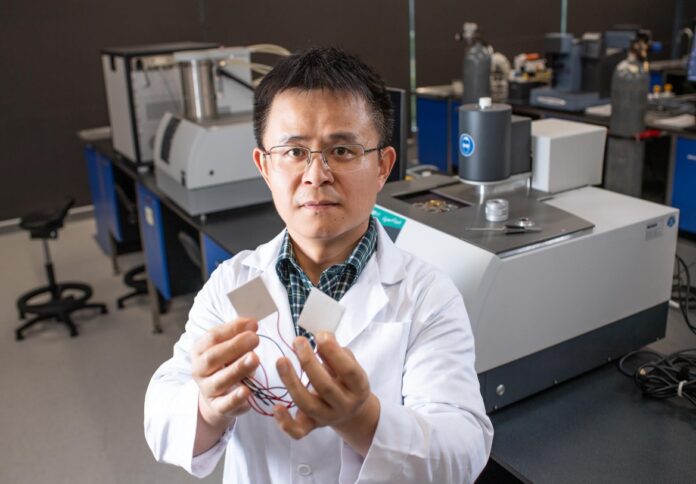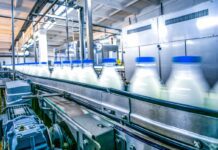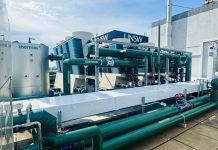
A researcher from the University of Southern Queensland has secured $1 million in funding through the 2023 Australian Research Council (ARC) Future Fellowships scheme to develop a new generation of high-performance thermoelectric energy harvesting technology.
According to Associate Professor Min Hong, thermoelectric materials provide a possible means of lowering reliance on fossil fuels and averting a global energy crisis.
“One of the most significant aspects of thermoelectric technology is its ability to capture waste heat from industrial processes, power plants and other sources that would otherwise be lost,” he said.
Prof Hong explained that thermoelectric systems can increase overall energy efficiency and cut back on the use of fossil fuels by transforming this waste heat into power.
“More than 60 per cent of global primary energy consumption is wasted. Therefore, there is a compelling need to develop new thermoelectric materials to recover waste heat,” he noted.
Even while thermoelectric technology has numerous benefits, including zero emissions, no moving parts, precise temperature control, a lengthy steady-state operation time, and the capacity to function in challenging conditions, it is not without its drawbacks.
Conversion efficiency, heat exchange, and thermal management are among the additional difficulties with thermoelectric materials, which are frequently pricy and fragile.
As a result, Associate Professor Hong is working to improve the performance of thermoelectric materials so that sustainable energy conversion technology can attain its full potential.
“Ever since I started my PhD in 2012, I have been driven by the curiosity of exploring the physical and chemical fundamentals on transport properties of charge carriers and phonons,” he said.
He explained that the unique feature of direct conversion between heat and electricity has led to increasing applications in various industries, including energy harvesting and waste heat recovery, powering the portable and wearable devices, remote patient monitoring and implantable sensors, long-lasting power for space exploration and efficient solid-sate cooling.
“I aim to make the technology more functional, robust and affordable by establishing new strategies for enhancing thermoelectric properties, creating mass-production synthesis to reduce the materials cost and exploring computation methods to guide the device assembly.”
The ARC’s Future Fellowships scheme provides outstanding mid-career researchers with funding assistance for four years so they may do top-notch research in areas that will benefit both the country and the world.




















